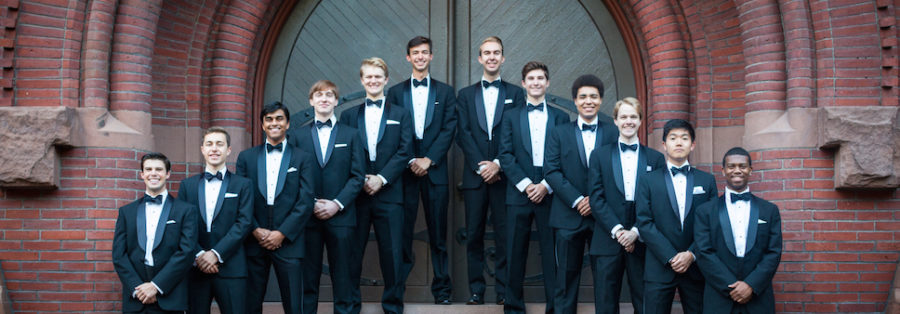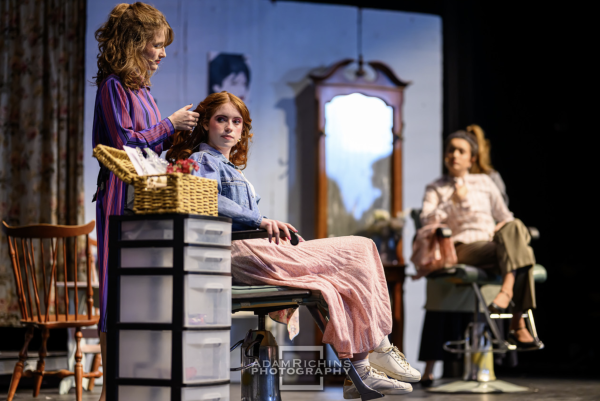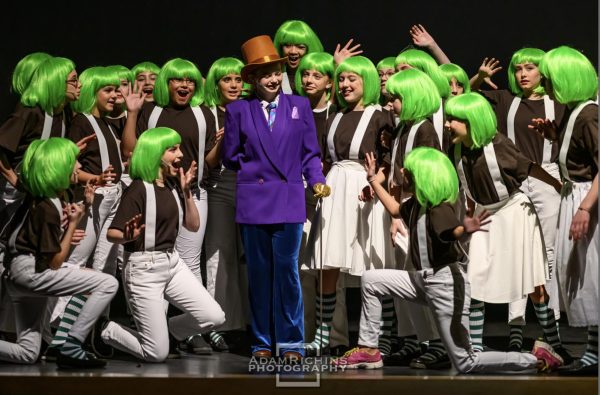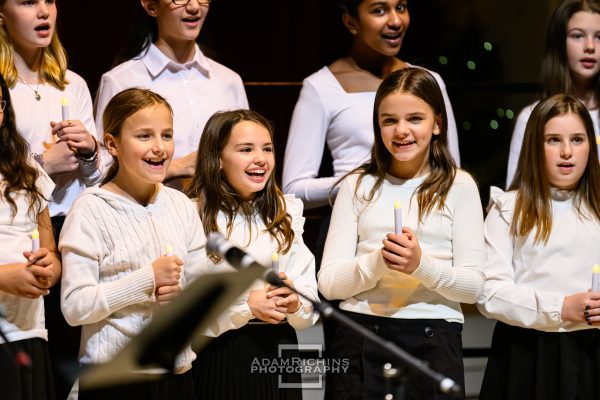The Universal Language of Music: Following my Uncle & the Harvard Krokodiloes 2016 Tour
Is there a way for everyone to communicate when there are 6,500 languages spoken with 7.125 billion people in the world? Creatures communicate with each other in all sorts of different ways. Bees dance, birds sing, and humans speak. When there are so many languages spoken in the world, it can be hard to feel connected, especially when you travel. My uncle, Tom Keefe (son of Mrs. Keefe), experienced music as a universal language firsthand when he went on a world tour this summer with his acapella group, the Harvard Krokodiloes.
From May 11th to August 13th, the Harvard Krokodiloes — along with my Uncle Tom — went on the 36th world tour of the singing group. During the tour, he experienced firsthand the challenge of communicating with people from across the globe. They sang songs specific to the culture of the place that they were in, but they also sang songs in English. Despite not being able to understand the words that the Kroks were singing, the foreign spectators bopped along with the beat and appreciated the beauty of the music.
When the group was in Hong Kong, they performed a flashmob in different parts of the city as a commercial for the hotel that they were staying in. In the video #LeavingBoringBehind, you can see the citizens of Hong Kong dancing, taking videos with their phone, and looking on with awe, despite not being able to understand the English in the song. Simply the beats and harmonies of the music united the Krokodiloes with their captivated audience.
The Harvard Krokodiloes (Kroks for short), were founded in 1986 as a spin-off of Harvard University’s Hasty Pudding Club, which was a theatre group founded in 1870. Guys from Harvard were inspired by the Hasty Pudding Club to then form a barbershop singing group. Over time, the group became more official, with 12 men on four singing parts, three in each part. On the Hasty Pudding Seal, there are two crocodiles. So when they were asked what their name was at a gig, they went with the “Krokodiloes.”
In the 1980s they decided to embark on a world tour. This was extremely difficult to plan because all of the planning had to be done over the phone. The composer of West Side Story, Leonard Bernstein, helped the group by writing a letter of recommendation, which the group sent to different parts of the world, asking for opportunities to sing. This year the Kroks visited various places in Taiwan, China, South Korea, Japan, Malaysia, Thailand, Australia, Switzerland, Germany, Czech Republic, Italy, France, England and Scotland. The Kroks stayed in local houses for most of the trip, and in other places they stayed in hotels. People have been hosting the Kroks in all different parts of the world for the past 36 years.
Not all of us have the opportunity to travel the world, especially as a singing troupe touring the world. If you are like me, your singing voice stays within the walls of your house. But we can all use music to relate and connect with others. Our music teacher, Mrs. Sullivan, talked with me about her past in music. She says, “music exists in every culture, even though every culture has different types of music.”
Both Tom and Mrs. Sullivan had eye-opening insights about the power music has to unify the world. Music gives us the opportunity to unite with other people, no matter where they are from or what languages they speak. “In spite of all these differences,” Tom reflected, “there are lots of universal similarities that made this trip special to me. They all like music and it was special to them.” Mrs. Sullivan similarly stated that “Music is a universal language.” Though we don’t all have the chance to travel the world with a music group, we can all agree that music connects the world.
















